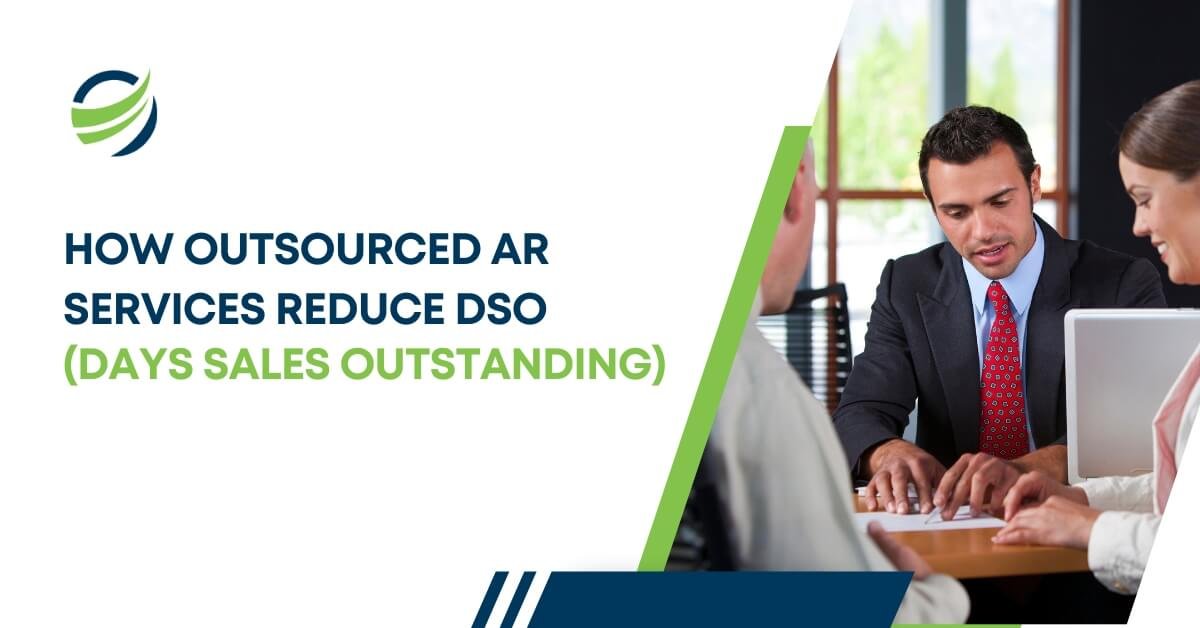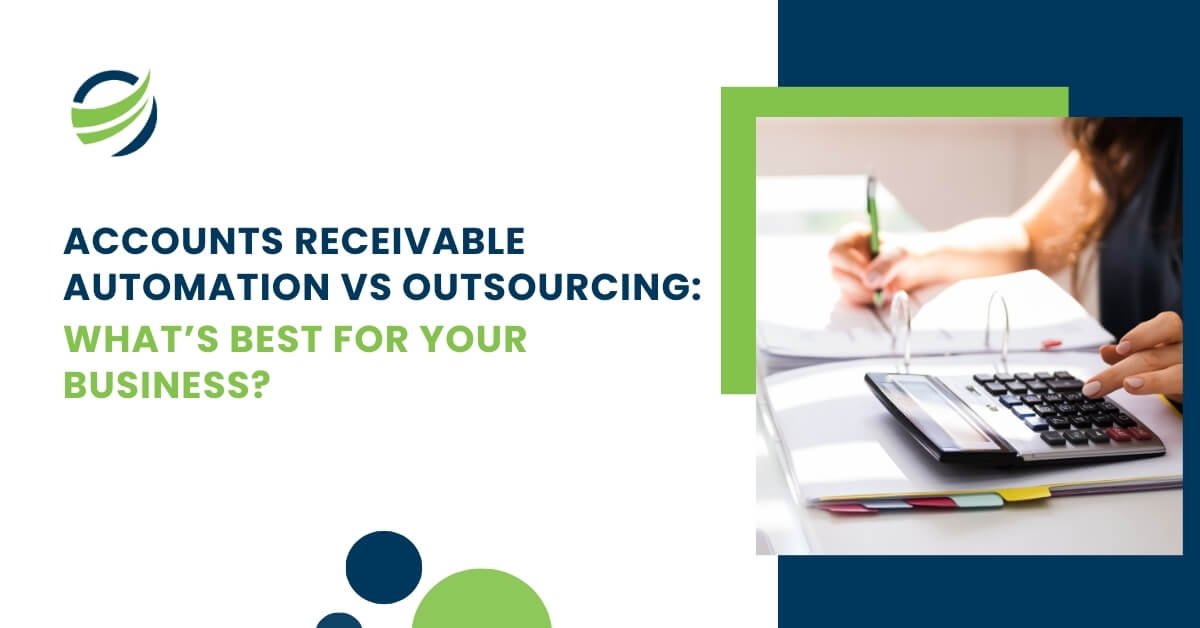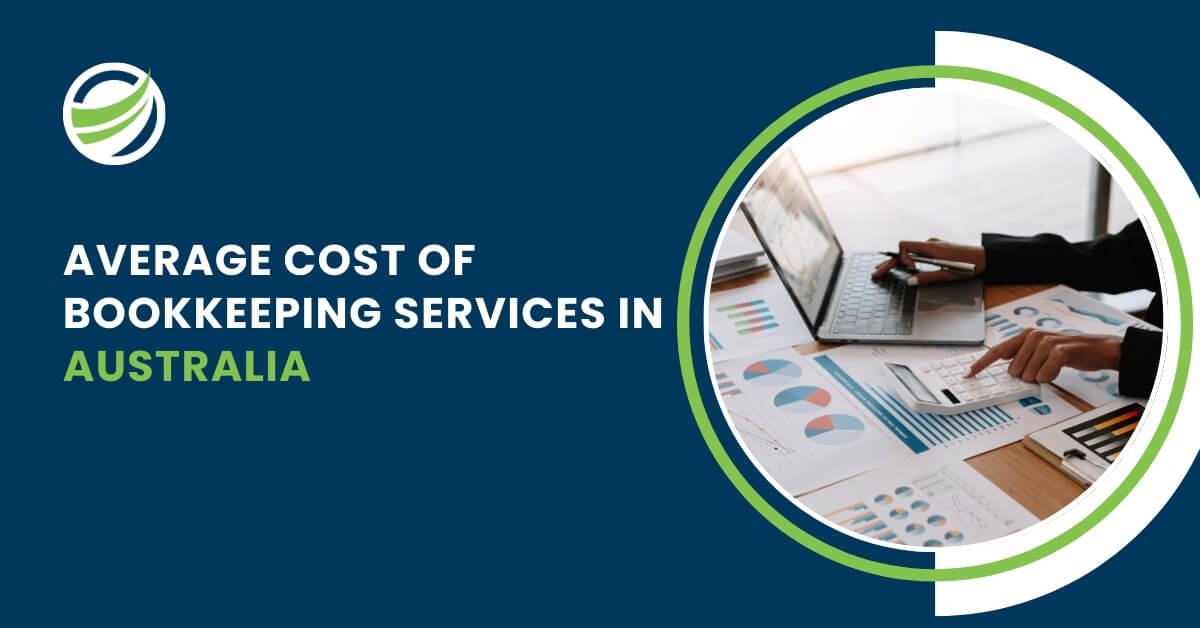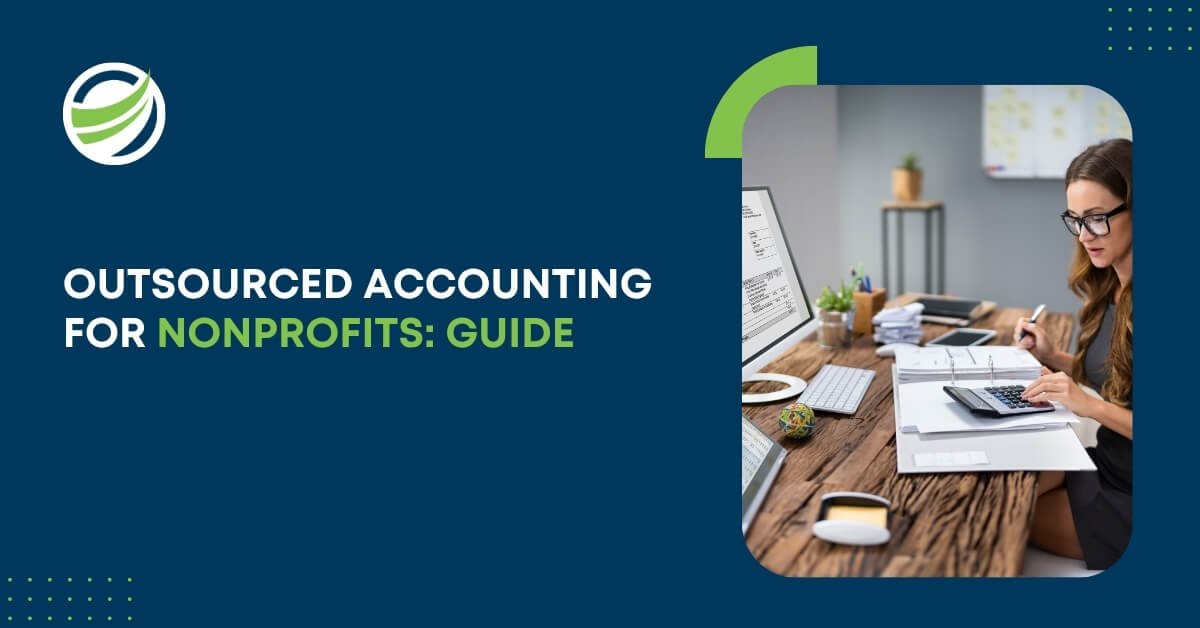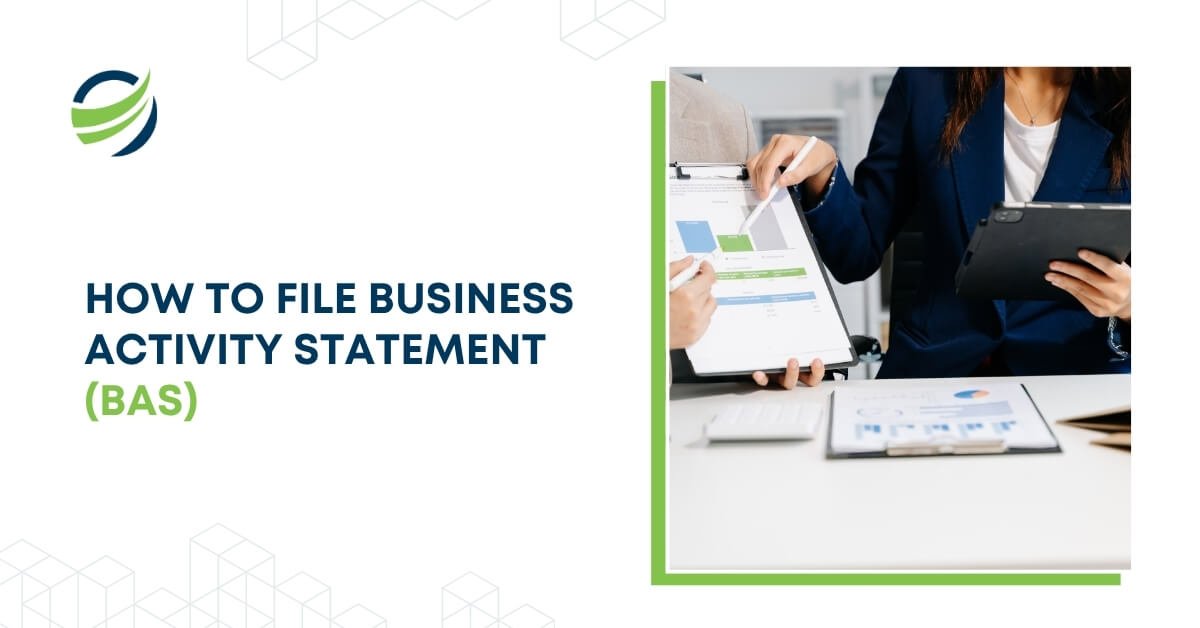
Key Accounting Best Practices for Financial Success 2025
- Aesha Shah
- August 18, 2025
- 4 minutes
- Blogs
In today’s competitive landscape, accounting best practices are more than a desirable skill, they are the cornerstone of sustainable financial success. Effective accounting is more than balancing figures, it empowers strategic decisions, ensures compliance, and protects the long-term stability of an organisation.
According to the International Federation of Accountants (IFAC), companies with strong general accounting practices are 30% more likely to achieve consistent annual growth compared to those without structured systems. This makes establishing a reliable, future-ready accounting process not just an operational task, but a strategic priority for any business aiming to thrive in 2025 and beyond.
Many organisations depend on in-house or outsourced accountants, yet business leaders must grasp the principles behind financial accuracy. Adopting strong accounting best practices streamlines operations, strengthens compliance, and builds a foundation for confident, growth-focused decision-making.
The Role of Efficiency in Modern Accounting Practices
An efficient accounting process, built on accounting best practices is vital for accuracy, compliance, and long-term growth. It safeguards against errors and fraud while providing the insights needed for informed decision-making.
Key benefits include:
- Accurate recording and reporting of transactions
- Reduced risk of financial mismanagement
- Streamlined daily operations
- Reliable data for strategic planning and growth

10 Accounting Practices to Ensure an Efficient Accounting System
Implementing good bookkeeping practices is essential for creating a reliable, accurate, and future-ready accounting system. The following ten approaches form the backbone of financial efficiency, compliance, and strategic growth. Many businesses also benefit from outsourced bookkeeping services, which bring professional oversight and ensure accuracy while reducing operational burden.
- Keep Personal and Business Finances Separate
A core accounting best practice is maintaining a clear separation between personal and business finances. Opening a dedicated business bank account ensures that all transactions are recorded accurately for the company, making bookkeeping, tax preparation, and financial audits far simpler.
This separation also offers legal protection by safeguarding personal assets from potential business liabilities, an integral part of good bookkeeping best practices.
- Build a Clear and Structured Chart of Accounts
A well-structured chart of accounts serves as the foundation for all your financial records. By categorising assets, liabilities, equity, income, and expenses into a standardised structure, you create clarity in financial reporting and improve the efficiency of your accounting process.
This consistency not only makes financial analysis easier but also ensures that reports are accurate, comparable, and compliant with regulatory requirements.
- Reconcile Accounts Regularly
Regular reconciliation is the process of comparing your internal records, such as the general ledger, with external records like bank statements, credit card statements, or supplier accounts. By doing this monthly or even weekly you can detect discrepancies early, correct errors, and reduce the risk of fraud.
This discipline strengthens trust in your financial data and helps ensure decisions are made based on accurate information.
- Harness the Power of Automation
Automation is no longer an option, it’s a necessity for modern accounting. Many businesses now leverage accounts receivable outsourcing services and cloud-based accounting platforms to reduce manual data entry, eliminate redundant tasks, and deliver real-time insights.
Automated systems can also flag inconsistencies, generate instant reports, and maintain a secure audit trail, all of which contribute to both efficiency and compliance. The same technology is driving innovation among payroll outsourcing companies, where automation ensures precise data processing and compliance with evolving tax regulations.
- Track and Categorise All Expenses
Precise expense tracking is essential for understanding where money is going and for controlling costs effectively. By categorising every expenditure, from office supplies to marketing campaigns.
You can identify spending patterns, uncover cost-saving opportunities, and ensure tax deductions are accurately applied. Integrating automation into expense management provides up-to-the-minute reporting, empowering leaders to act on current financial realities.
- Maintain Organised and Reliable Records
Record-keeping is a core pillar of general accounting practices. All invoices, receipts, contracts, payroll records, and tax documents should be stored in a structured, accessible system, whether physical or digital.
Consistency in record-keeping not only streamlines audits but also ensures that historical data is readily available for financial reviews, strategic planning, and compliance checks.
- Review and Analyse Financials Frequently
Financial statements should be reviewed on a monthly or quarterly basis to track progress, evaluate cash flow, and identify emerging trends. This regular review enables proactive adjustments rather than reactive measures. Businesses that incorporate strategic management accounting into these reviews gain deeper insights into cost control, profitability analysis, and SMSF investment planning, providing a competitive edge.

- Plan Ahead with Budgeting and Forecasting
Budgets and forecasts act as financial roadmaps, guiding businesses toward their goals while helping them adapt to changing circumstances. Budgets define spending limits and allocate resources effectively, while forecasting uses historical data and market trends to predict future performance. Together, they enable businesses to prepare for seasonal fluctuations, economic shifts, or unexpected opportunities.
- Strengthen Controls with Segregation of Duties
Segregating financial responsibilities, such as having one person authorise payments and another reconcile accounts, reduces the risk of errors and fraud. For smaller businesses without large accounting teams, partnering with an experienced accounting practice management provider ensures these controls are in place while giving access to specialised expertise without the cost of additional full-time staff.
- Stay Compliant with Evolving Regulations
Compliance is more than a legal obligation, it’s a mark of credibility. Staying current with tax legislation, accounting standards, and industry-specific regulations reduces the risk of penalties and reputational damage.
Reliable compliance processes, supported by ongoing professional development or expert advisory services, ensure your accounting system remains accurate, ethical, and aligned with the latest standards.
Conclusion
In conclusion, the ten accounting best practices outlined in this article form a comprehensive framework for building financial stability, operational efficiency, and long-term growth. While these principles can be implemented internally, it’s important to recognise that certain aspects, such as compliance management, strategic analysis, and advanced automation, often require the expertise of seasoned professionals. This is where trusted accounting service providers add immense value, offering specialised knowledge, industry-specific insights, and cutting-edge tools to navigate complex financial challenges.
Whether a business chooses to manage accounting in-house or outsource to experts depends on its unique goals, resources, and operational needs. In today’s dynamic environment, lasting financial success comes from combining robust internal processes with the guidance of experienced professionals. By integrating these practices and leveraging the right expertise, businesses can chart a confident course toward resilience, profitability, and sustainable growth.




